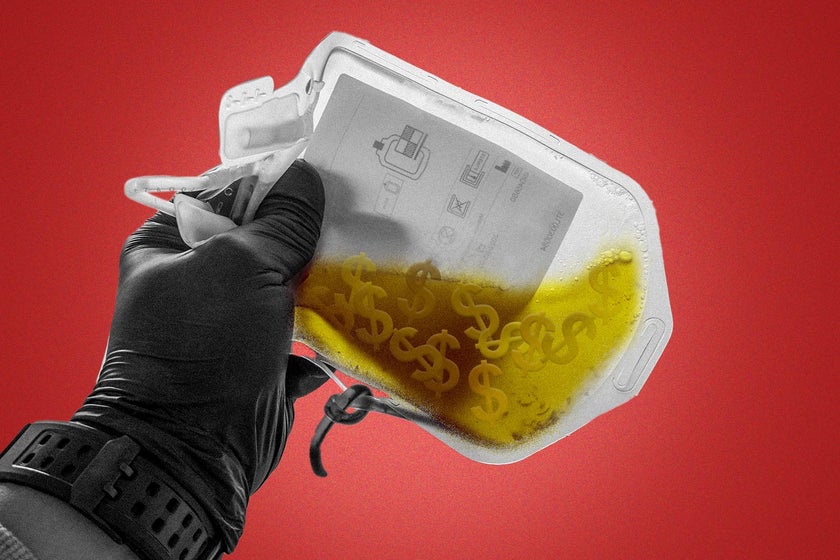Story Time Hour: Long-Form Journalism Highlights in 2024
Posted: Tue May 28, 2024 11:16 am
I don't know if we've had a thread on this this year.
I've mostly been finding mediocre stuff. Good subjects and committed looks but no great insights. Surrendering to the subject rather than attacking it.
New York Magazine gives us a profile on Paul Lucas, retiring from Uni Watch sadly at the moment we need him the most.
Rolling Stone documents Kid Rock's devolution from douchey rapper to douchey rocker to douchey MAGA troll, trying to dissect what should be a little bit more obvious, that it's all a sybarite's classic American money grab and never was anything else.

Slate tells the story of the booming job market in selling your plasma.

I've mostly been finding mediocre stuff. Good subjects and committed looks but no great insights. Surrendering to the subject rather than attacking it.
New York Magazine gives us a profile on Paul Lucas, retiring from Uni Watch sadly at the moment we need him the most.
With Lukas having proved there’s a market for such commentary, others joined him on the beat. SportsLogos.net, formerly a repository of, well, sports logos, has added daily news stories. Icethetics.com provides obsessive coverage of hockey logos and uniforms. And mainstream writers routinely report on uniform news in a sports world chock full of logo changes, alternate jerseys, and flashy reveals. Indeed, Lukas is walking away from the beat during perhaps the most mainstream uniform story of his career: the disastrous rollout of Nike’s new baseball uniforms, with their tiny lettering and their sweaty, mismatched fabrics.
Rolling Stone documents Kid Rock's devolution from douchey rapper to douchey rocker to douchey MAGA troll, trying to dissect what should be a little bit more obvious, that it's all a sybarite's classic American money grab and never was anything else.
Producer and engineer Mike E. Clark, who has a long history with Ritchie going back to the late 1980s, compared it to “losing a family member,” and said he no longer hung up his Kid Rock platinum records “because of what it represents now.” Kenny Olson, who played lead guitar for Ritchie for more than a decade starting in the mid-1990s, was just perplexed.
“I don’t understand where a lot of this came from,” he told me. “I’ve always felt music should inspire people, not divide people. A lot of people from back in the day ask me, ‘What’s going on?’ I don’t know.”

Slate tells the story of the booming job market in selling your plasma.
“You shouldn’t have to do that,” people often say to me when I tell them where a portion of my income comes from. “It’s gross.”
But then I think of other things I’ve done for money, other people I’ve worked for. A restaurant where a manager would say “I like seeing you on your knees” each time he made me scrub the floor by hand. An artist who offered me $14 an hour to be her assistant, then forgot to pay me when I invoiced. A startup funded partially by a donor to anti-LGBTQ+ legislation. All of these places where I did a lot more for a lot less, where I found myself physically ill over who my boss was, what my labor meant.


